By Ahmed Ahmed
WaterAid Nigeria on Tuesday in Bauchi trained Stakeholders on maintaining positive safeguarding culture in the state.
Ms Idowu Adebayo, WaterAid Safeguarding Focal person, speaking at the training session, said the aim of the training was to acquaint stakeholders with safeguarding key policies and procedures.
Adebayo said that WaterAid was committed to the safeguarding and wellbeing of all individuals, including the people in communities in which they work, staff, volunteers, contractors, and partners.
She explained that any form of abuse was not tolerated at WaterAid, especially abuse of power, privileges or trust, or any form of inappropriate behavior, discrimination, harassment, or exploitation of any kind.
”Working on behalf of WaterAid often means holding a position of trust, all those representing WaterAid are expected to be aware of the responsibility that comes with this trust, and never misuse it.”
She added that all representatives of WaterAid including staff, volunteers, external contractors and partners, were required to commit to its global code of conduct which sets out high standards of expected behavior for stakeholders.
According to her, WaterAid supports partners to develop strong safeguarding knowledge, understanding and capacity.
”Partnership toolkit provides tools and guidance to ensure partners can meet sector-wide safeguarding standards and best practice,” she said.
Similarly, Mr Ichie Onyenakie, WaterAid Country Security Lead, stressed that WaterAid embodied safeguarding considerations into their remit, including accountability, safer programming, and safer recruitment.
He stressed the need for the security protocols, communication and management protocols of WaterAid to observe policies such as risk management plan, local security protocol and incident reporting.
He however explained that training on safeguarding security protocol, communication protocol, and management protocols successfully equipped stakeholders with the knowledge and skills.
“To uphold organizational standards and enhance operational efficiency. Continued commitment to these protocols will safeguard organizational integrity and facilitate seamless communication and management processes,” he said
Our Correspondent reports some of the stakeholders at the training included relevant ministries, departments and agencies, Water Sanitation and hygiene unit of Local Government Areas, Civil Society Organisations,Media among others.
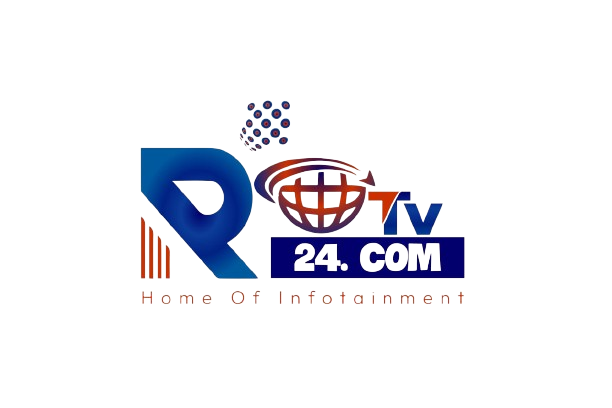

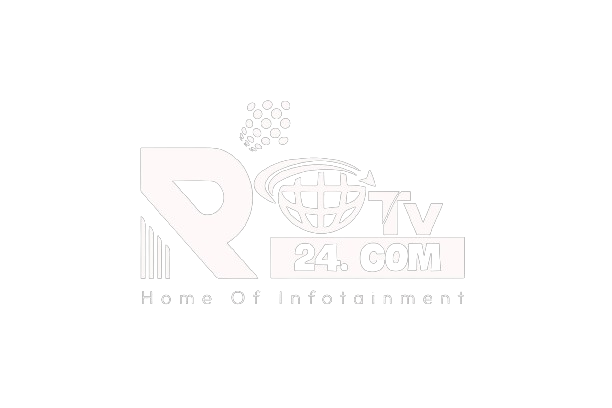
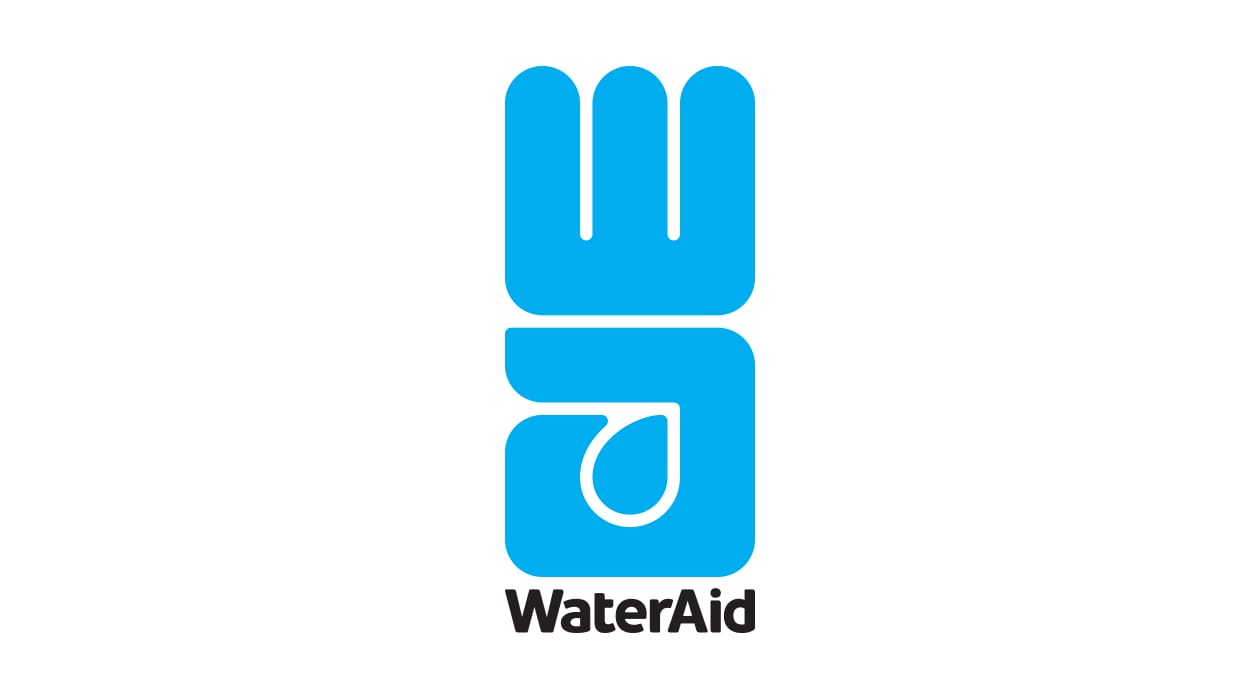
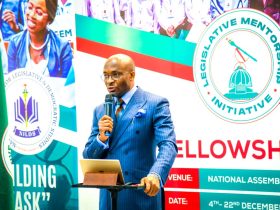





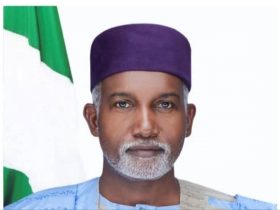
Leave a Reply